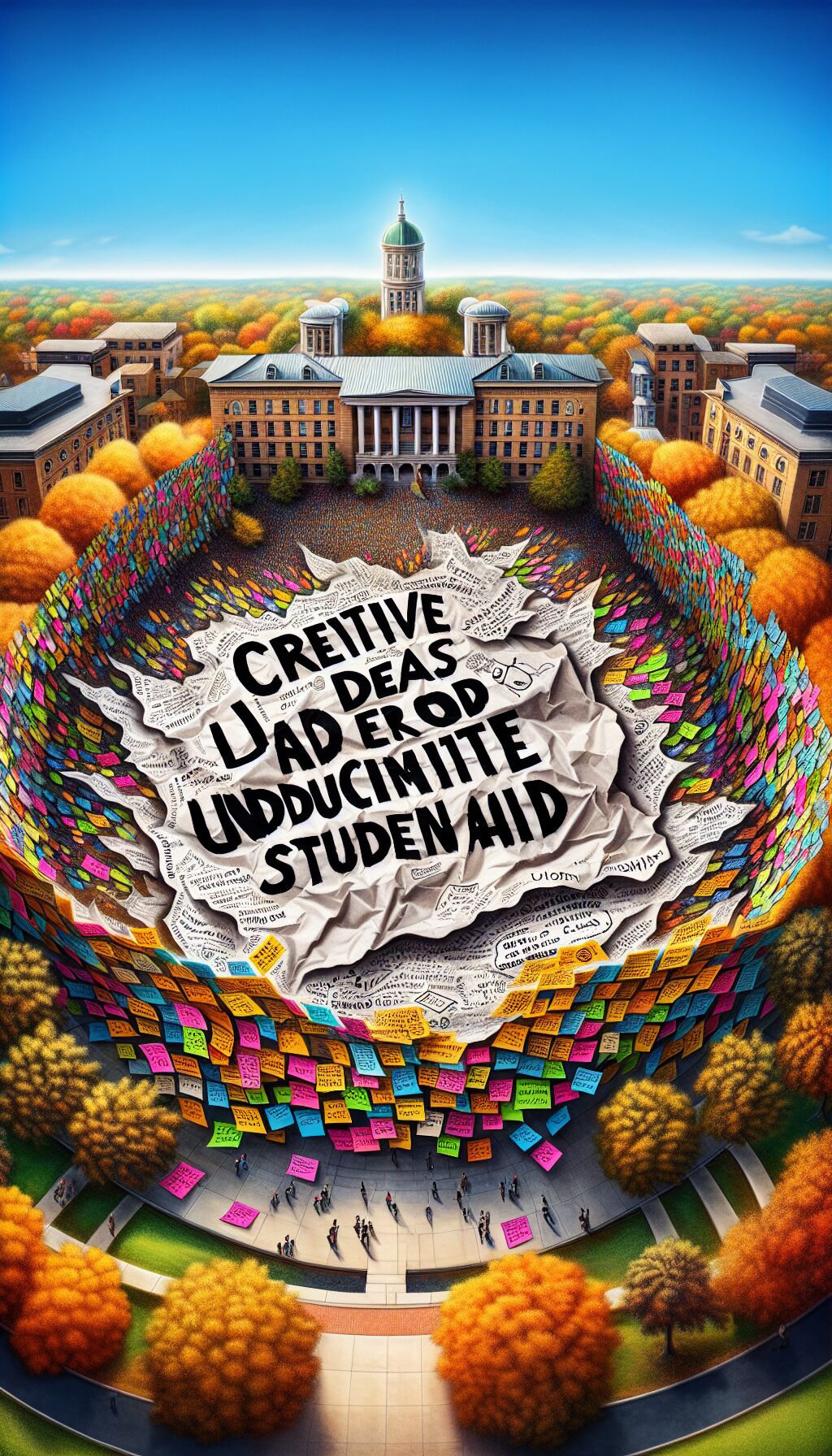Connecticut University Faces Controversy Over Undocumented Student Aid
Central Connecticut State University (CCSU) is embroiled in controversy following revelations that its officials were seeking alternative methods to compensate undocumented students for internships without violating federal employment laws. The situation has sparked significant debate among state officials and has intensified discussions surrounding immigration policy and educational equity.
Uncovering the Controversy
A report by Connecticut Inside Investigator disclosed that CCSU officials were considering “creative ideas” to pay undocumented students for their internship roles. This initiative emerged from a desire to support all students in accessing experiential learning opportunities, but the chosen methods prompted concerns about legality and ethics.
“They’re prioritizing citizens over noncitizens, and that’s the problem,” stated Connecticut GOP Chairman Ben Proto in an interview with Fox News Digital. His comment reflects broader anxieties among some stakeholders regarding the prioritization of undocumented individuals in state educational policies.
Informational Requests and Responses
The controversy intensified when CCSU career coach Audra Mika sent an email seeking input on how to help undocumented students secure paid internships without requiring a social security number. “The President’s Undocumented Student Committee is looking for creative ideas for helping undocumented (or underdocumented) students find paid internships/experiential learning opportunities,” she wrote to the university’s grants department.
Mika’s request had far-reaching implications, drawing a strong backlash. In response, Kathleen Moore from CCSU’s Office of Post-Award Grants warned that such approaches could be “morally wrong” and “illegal.” She elaborated that grants awarded are subject to competitive applications and must comply with the regulation that only U.S. citizens can receive funds.
A Broadened Perspective
This email exchange captured the attention of university administrators, leading to a broader discussion on how to support undocumented students. However, responses from other Connecticut state universities such as Southern Connecticut State University (SCSU) and Eastern Connecticut State University offered mixed insights. While SCSU officials highlighted a scholarship fund for “Dream Scholars,” aimed only at recipients of the Deferred Action for Childhood Arrivals program (DACA), they acknowledged that this did not encompass all undocumented migrants seeking educational advancement.
Eastern Connecticut State University provided a suggestion for undocumented students to obtain Individual Taxpayer Identification Numbers (ITINs) but clarified that this step does not confer work authorization or legal status regarding employment.
Debate Rages On
The dialogue around CCSU’s initiatives reveals a deeper societal divide encapsulated in Proto’s assertions. He posited that government officials, employees, and lawmakers are increasingly prioritizing undocumented individuals over legal citizens. “When you have the attorney general running around since election day telling everyone that he’s going to protect illegal immigrants… it seems like his priorities are in the wrong place,” Proto remarked, reflecting concerns about the allocation of state resources and efforts.
The University’s Stance
In the wake of backlash and criticism, CCSU has responded by emphasizing its commitment to lawful practices. CCSU spokeswoman Jodi Latina clarified that the university never intended to mislead or circumvent laws. “This email message was misinterpreted by the receiver. The committee member was exploring avenues to support students within the confines of what is permissible under the law,” Latina stated.
To further clarify the institution’s position, a letter was issued by CCSU’s President Zulma Toro, reiterating that although undocumented students are excluded from federal financial assistance, they still have access to various forms of support from private donors and the state.
Future of Support for Undocumented Students
President Toro emphasized the importance of fostering an inclusive environment: “Our undocumented students are eligible for various sources of aid from private donors and/or the state of Connecticut. They are not, however, entitled to federal financial assistance, to participate in federal work-study grants, become employed, and are prohibited from participating in many programs and experiential learning opportunities that require background checks and social security numbers.”
CCSU’s situation has thrust the topic of undocumented student support into the spotlight, raising essential questions about legality, morality, and the future of higher education accessibility for students facing unique challenges. As conversations continue, it remains to be seen how state policies and university practices will evolve in response to these pressing issues.
In conclusion, CCSU’s experience serves as a microcosm of the broader debate across the nation regarding the treatment of undocumented individuals within educational systems. Advocates for these students warn that any attempts to restrict access to educational resources could undermine the fundamental values of opportunity and equity that American institutions strive to uphold.
